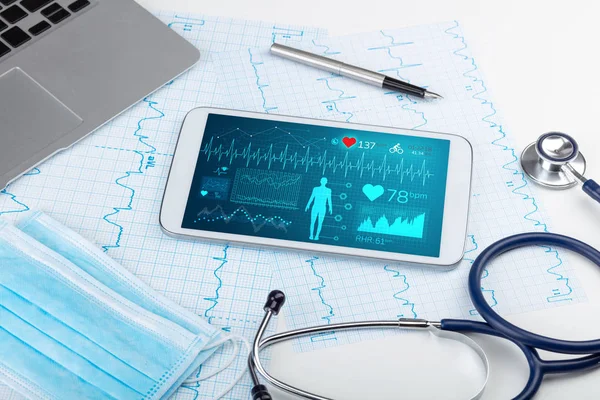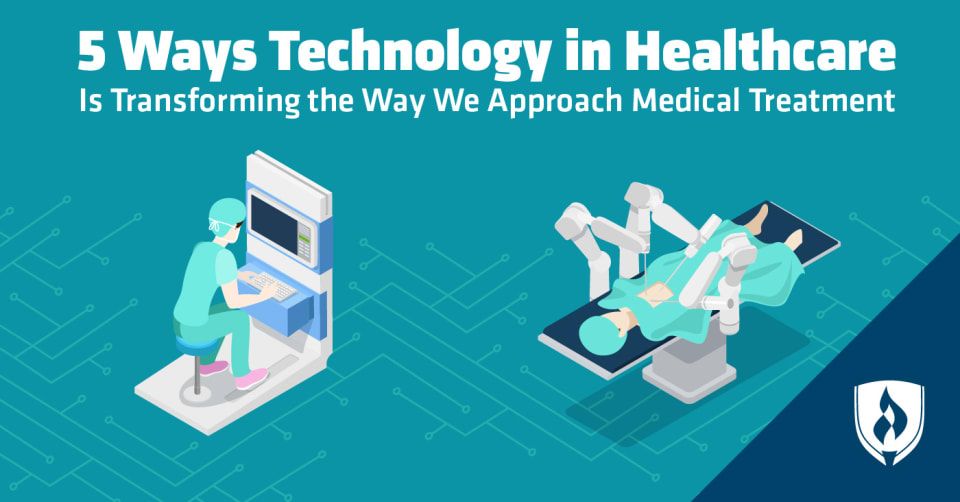Technology has revolutionized every aspect of our lives, and healthcare is no exception. From electronic health records to telemedicine, the technological advancements in the healthcare industry have greatly improved patient care, diagnosis, and treatment outcomes. In this article, we will explore how technology is transforming healthcare today.
Electronic Health Records (EHR)
One of the most significant advancements in healthcare technology is the adoption of electronic health records (EHR). EHRs have replaced paper charts, making it easier for healthcare providers to access and share patient information. With EHRs, healthcare professionals can access a patient’s medical history, test results, and treatment plans with just a few clicks. This not only streamlines the care process but also reduces the chances of errors due to illegible handwriting or lost paperwork.
Telemedicine
Telemedicine has become increasingly popular in recent years, especially in rural areas where access to healthcare services is limited. Telemedicine allows patients to consult with healthcare providers remotely through video calls, phone calls, or messaging apps. This technology has made it easier for patients to receive medical advice, diagnosis, and treatment without having to travel long distances to see a doctor.
Artificial Intelligence (AI)
Artificial intelligence (AI) is transforming the healthcare industry by improving diagnostics, patient care, and treatment outcomes. AI algorithms can analyze complex medical data more efficiently and accurately than humans, leading to earlier and more accurate diagnoses. AI-powered robots and virtual assistants are also being used in healthcare settings to assist with surgeries, medication management, and patient monitoring.
Internet of Things (IoT)
The Internet of Things (IoT) is a network of interconnected devices that can exchange data and information over the internet. In healthcare, IoT devices such as wearable fitness trackers, smart medical devices, and remote monitoring systems are being used to track and monitor patients’ health in real-time. This data can help healthcare providers make more informed decisions about patient care and treatment plans.
Blockchain Technology
Blockchain technology is revolutionizing the healthcare industry by improving the security, privacy, and interoperability of patient data. Blockchain allows healthcare providers to securely store and share patient information across different healthcare systems, ensuring that sensitive data remains confidential and tamper-proof. This technology also has the potential to reduce medical errors and fraud by ensuring the accuracy and integrity of medical records.
Virtual Reality (VR) and Augmented Reality (AR)
Virtual reality (VR) and augmented reality (AR) are transforming the way healthcare providers train their staff, educate their patients, and perform surgeries. VR and AR can simulate realistic medical scenarios, allowing healthcare professionals to practice complex procedures in a safe and controlled environment. These technologies can also help patients better understand their medical conditions and treatment options through immersive educational experiences.
The Future of Healthcare Technology
The future of healthcare technology holds endless possibilities for improving patient care, diagnosis, and treatment outcomes. As technology continues to advance, we can expect to see even more innovative solutions that will transform the way we receive and deliver healthcare services. From personalized medicine to robotic surgeries, the possibilities are limitless. In conclusion, technology is reshaping the healthcare industry, making it more efficient, accessible, and patient-centered than ever before.
With the rapid advancement of technology, the future of healthcare looks brighter and more efficient than ever. By embracing the latest technological innovations, healthcare providers can offer better services to their patients, leading to improved health outcomes and a better overall patient experience. It is essential for healthcare professionals to continue to adapt to these advancements and leverage technology to provide the best possible care for their patients.

